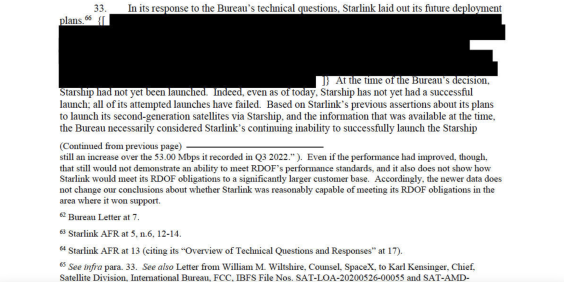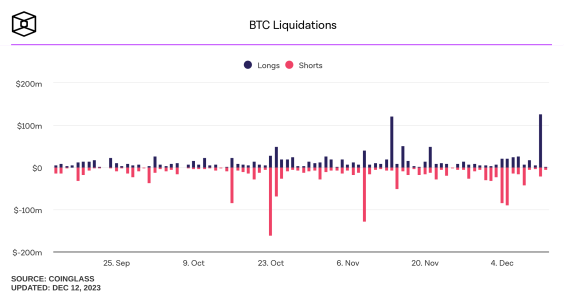This is not investment advice. The author has no position in any of the stocks mentioned. Wccftech.com has a disclosure and ethics policy.
With hostilities in the trade war between the United States and China heating up, the U.S. Department of Commerce has stepped up its efforts to ensure that American-origin technology does not make it into the hands of entities that are either directly against or related to parties that are against the national security interests of the United States. One such move was requiring Taiwanese semiconductor fabrication company TSMC to not sell chips built using American technology to Chinese telecommunications company Huawei, who is accused of conducting business with Iran among other improprieties.
Now, following the fresh Huawei ban, the Chinese publication Caixin Global is reporting that Santa Clara, California-based semiconductor giant Intel Corporation (NASDAQ:INTC)has been restricted by the American government to sell its server products to the Inspur Group. Inspur is headquartered in the Shandong province of China and it is responsible for providing its customers with Enterprise Resource Planning (ERP), server, artificial intelligence, big data and other solutions requiring high-end silicon chips.
Intel Corporation To Temporarily Suspend Chip Shipments To Inspur Group Following Department of Defense Categorization?
Intel's confirmation of the shift to Caixin might be a direct result of the Department of Defense's rare decision to make a list of Chinese companies operating in the U.S. with links to the People's Liberation Army (PLA) public. This list, which was mandated via the 1999 National Defense Authorization Act, was cleared by the Pentagon for open publication early in June this year. It consisted of 20 such companies and within its ranks were China Mobile (ZTE), Huawei and the Inspur Group.
Given that the list surfaced through an unofficial medium, its repercussions for the companies within were unclear. Now, following the Caixin report, it's clear that the U.S. government is tightening the noose against companies that it deems will erode the American technological security edge against hostile nations.

The United States Department of Defense's (DoD) list of qualifying entities under the NDAA for FY 1999. (Image Credit: Axios)
A statement made by an Intel representative to Caixin elaborated that the ban in shipments is temporary in nature and that the company expects it to be lifted after two weeks. The rationale behind the shift is to allow Inspur the time to make peace with U.S. government regulations, yet even so, the scope of the suspension's reversal remains unclear if we're to consider statements made by Intel to several media outlets. These statements imply that while the tech giant intends to resume some of its product shipments to Inspur "within days", it expects that those for others will resume in less than two weeks.
Inspur is China's largest server manufacturer, it sources its CPUs solely from Intel and is rumored to be interested in NVIDIA's GA100 Ampere graphics processing unit (GPU) as well. The company's share price dropped by nearly 5% on the open market during the course of trading on Wednesday as investors digested the impact of a key company supplier being forced by a government to sever or modify ties with it.
On its website, the company lists itself as the third-largest server provider globally, citing data from IDC and Gartner. In the Chinese market, Inspur is followed by Huawei which is the second-largest server provider in the country. As opposed to Inspur, Huawei uses its own chips for powering its servers, with the processors based on British chip house ARM's designs.
As technology advances and manufacturing processes allow for greater node shrinkage, 'chiplets' - that are clumps of chips packed together - have become increasingly popular in letting ARM microarchitecture deliver performance that touches that by the x86 architecture employed by products from Intel and Advanced Micro Devices, Inc (NASDAQ:AMD).













